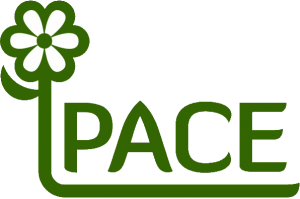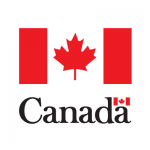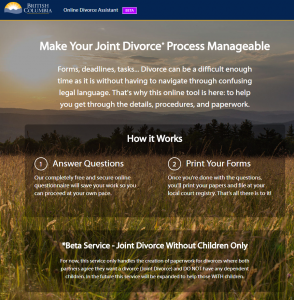To keep you informed, here are some highlights of changes and updates made to Clicklaw in May and June:
Jan-Feb | Mar-Apr | May-Jun | Jul-Aug | Sep-Oct | Nov-Dec
 The Canadian Bar Association, BC Branch (CBA BC)
The Canadian Bar Association, BC Branch (CBA BC)
Many Dial-A-Law scripts have been recently reviewed. For a complete list of these resources, see their listings here (sorted by “last reviewed date”). Some of them are:
 Working with Your Legal Aid Lawyer
Working with Your Legal Aid Lawyer
by Legal Services Society
Now available in French. This fact sheet outlines client and lawyer roles and responsibilities, so each knows what to expect from the legal aid contract.
 Gender Self-Determination Project
Gender Self-Determination Project
by PACE Society
A program designed to help trans* folks get proper ID. We work one-on-one with anyone who identifies as trans, two-spirit, non-binary, or otherwise gender-diverse to apply to change their name and/or gender marker and acquire updated IDs. We are able to cover any costs that we cannot get waived by the organizations themselves.
 Environmental Legal Aid
Environmental Legal Aid
by West Coast Environmental Law
West Coast Environmental Law offers free legal advice to help community groups, First Nations and individuals understand their environmental rights. We also offer funding support through our Environmental Dispute Resolution Fund (EDRF), which connects British Columbians with a network of private environmental lawyers around the province willing to work at a legal aid rate.
 SFU Centre for Education, Law and Society
SFU Centre for Education, Law and Society
The following lesson ideas and educational resources for teachers and students have been reviewed or updated to reflect the new BC curriculum:
 Employment Standards Act Reform Project
Employment Standards Act Reform Project
by British Columbia Law Institute (BCLI)
BCLI has issued a consultation paper on BC’s Employment Standards Act to seek public comment on tentative recommendations for reforming the Act. Responses are requested by 31 August 2018.
 Environmental Law Centre, University of Victoria
Environmental Law Centre, University of Victoria
 Submissions on Human Trafficking to Standing Committee on Justice and Human Rights
Submissions on Human Trafficking to Standing Committee on Justice and Human Rights
by Pivot Legal Society
Consensual, adult sex work and human trafficking are distinct. Canada’s laws and policies will only be effective if they recognize the difference between these two concepts.
 Cannabis in Canada
Cannabis in Canada
by the Government of Canada
Information on what you need to know and what the law means for you. Topics include cannabis and the border, cannabis impairment, and how the laws and regulations will impact your business.
 Guidance Document – Competitive Advantage: Compliance with PIPA and the GDPR
Guidance Document – Competitive Advantage: Compliance with PIPA and the GDPR
by Office of the Information and Privacy Commissioner for BC (OIPC)
Effective May 25, 2018, some organizations subject to PIPA must also comply with the European Union (EU) General Data Protection Regulation (GDPR). This guidance helps organizations in BC determine whether they are subject to the GDPR and explains how to comply with both PIPA and the GDPR.
 Office of the Privacy Commissioner of Canada
Office of the Privacy Commissioner of Canada
- The Internet of Things
An introduction to privacy issues with a focus on the retail and home environments.
- Guidelines for Obtaining Meaningful Consent
This document sets out practical & actionable guidance regarding what organizations should do to ensure that they obtain meaningful consent. It contains information about the guiding principles for obtaining consent, determining the appropriate form of consent, and the legal requirements.
 New & Updated Common Questions
New & Updated Common Questions
Common Questions help narrow down the resources people should start with. Do you get asked the same questions over and over again by your clients? Send your suggestions to editor[@]clicklaw.bc.ca
Stay informed:













